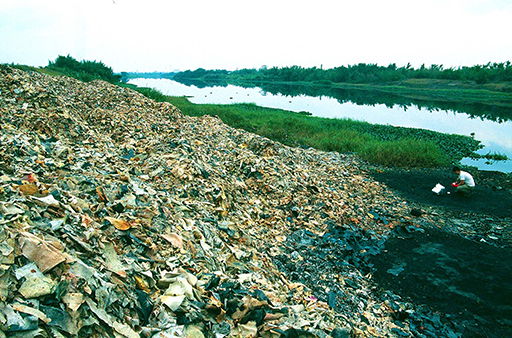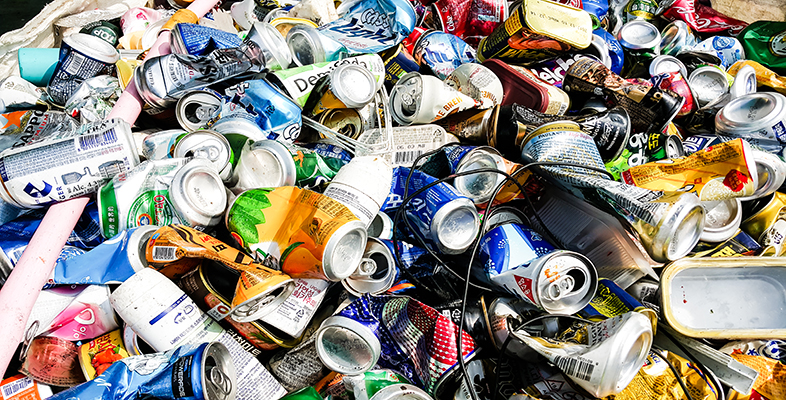Strategy 1: Formal collection
A formal system is one which is organised and regulated and in many cases instigated and facilitated through the municipal city council, and has to be the first step in improving the treatment of waste. The scale of the informal collection of waste for recycling in China, in practice, seems to be relatively efficient even if it reinforces social inequalities (Li, 2015). However, it does little to promote the regulation of recycling and best practice in treatment of waste, and Judy Li suggests that government cooperation with the informal sector would improve the sector as a whole and promote more equality for street recyclers.
There is no mandatory system for Chinese municipalities to collect and segregate MSW, though some cities such as Beijing, Shanghai and Guangzhou are beginning to set up schemes. Where a municipality has control of the whole scheme, it can impose regulations to ensure the safe handling of materials and protection of the environment.
Added to its own waste, China imports waste, and this waste can become part of the general problem. China produces significant quantities of electric and electronic equipment (EEE) both for its own use and for global exports. China has also been a primary destination for discarded products known as ‘e-waste’. Since 2000, ‘transboundary’ imports of e-waste – that is shipping across countries – are supposed to be banned, but licensed imports are allowed at Hong Kong ports and e-waste can be exported legally or illegally to mainland China. Some of this waste has been traced back to North America, Europe and Japan (Powell, 2013). Much of this e-waste contains high-value components such as various metals and has fed into the informal recycling sector. Poor environmental practices such as the dumping of e-waste (Figure 9) has led to health risks for workers, particularly in the town of Guiyu, just across the border from Hong Kong, and significant media coverage.

Recently, however, China’s Ministry of Environmental Protection has made efforts to improve the situation and may even be guiding the rest of the world through links with the United Nations Development Agency and using innovative solutions (UNDP, 2016). For example, through a smartphone app, users can find out a price and recycle their electronic products using a legal and local e-waste pick-up depot. This avoids the use of illegal e-waste dumps. However, this solution needs other measures to work alongside it. The government has set up discount schemes for domestic consumers to buy new appliances when the old ones are taken to an accredited dismantling site, and is actively subsidising the safe recycling of 14 categories of e-waste, including smartphones and tablets (UNDP, 2016).
